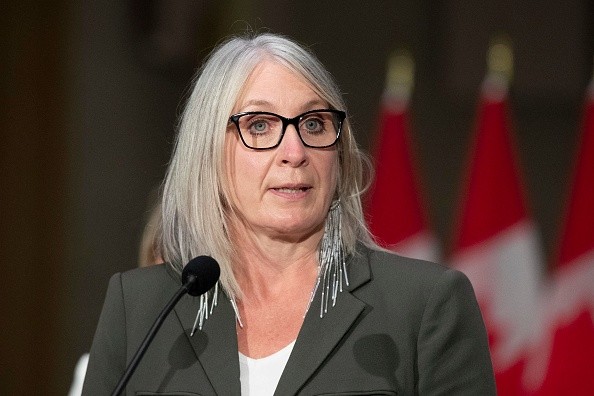On Monday, Ottawa proposed their long-promised bill to improve water quality in First Nations communities, advance collaboration on water protection, and codify a new First Nations-led commission.
Indigenous services minister Patty Hajdu endorsed the bill and said they would apply a new framework for supplying water, drinking water, wastewater, and related infrastructure on First Nations land.
Ottawa Proposes Improvement on Water Quality

Hajdu discussed the bill on Parliament Hill at a press conference. She said outside the House of Commons that First Nations has made it clear that they must acquire the tools and powers to protect their inherent right to clean water.
"And this bill today is the first on a new path of law-making together," she added.
Assembly of First Nations Ontario regional chief Glen Hare, who appeared beside Hajdu, also agreed that the legislation was essential to keep families together. He shared that teachers often call the Children's Aid Society on parents who live in First Nations, saying they do not have access to clean water and accuse them of neglect.
Hare convinced all parties to support the legislation as they want the kids to be clean and healthy like everyone else, especially to stop the accusations to the parents that they do not take care of their children.
Hajdu's legislation was the closest the federal government had come to co-developing law with First Nations. However, some chiefs disagreed with the claims, especially those in Alberta.
She noted that all First Nations were provided with the draft legislation and a second draft based on consultations with communities. She added that the discussion will continue as the bill moves through the legislative process, and she looks forward to hearing from all stakeholders.
The bill will provide drinking water quality, and standards in First Nations communities would be determined by the federal government and First Nations together. However, such measures must match federal, provincial, or territorial guidelines.
Furthermore, the bill required the federal government to commit to providing funding at a comparable level to that offered by other groups of government off-reserve. The bill indicates First Nations can bring their cases to the courts if funding is not provided.
First Nations-led water commission ensured that the bill would monitor water in communities, help them obtain legal advice, and make recommendations to federal, provincial, and territorial governments.
2013 Safe Drinking Water
The 2013 Safe Drinking Water for First Nations Act aimed to support the development of federal regulations to improve First Nations' access to clean drinking water and the effective treatment of wastewater during the time of Stephen Harper's Conservative government.
However, many First Nations said the legislation was ineffective and dangerous, citing concerns about a lack of sustainable funding and the infringement of constitutional rights.
The Federal Court and the Court of Queen's Bench of Manitoba approved the settlement of an $8 billion class-action lawsuit in December 2021. The settlement pushed to provide $1.5 billion in compensation to any First Nations and their members subject to drinking water advisories for at least one year between November 1995 and June 2021.
© 2025 HNGN, All rights reserved. Do not reproduce without permission.








